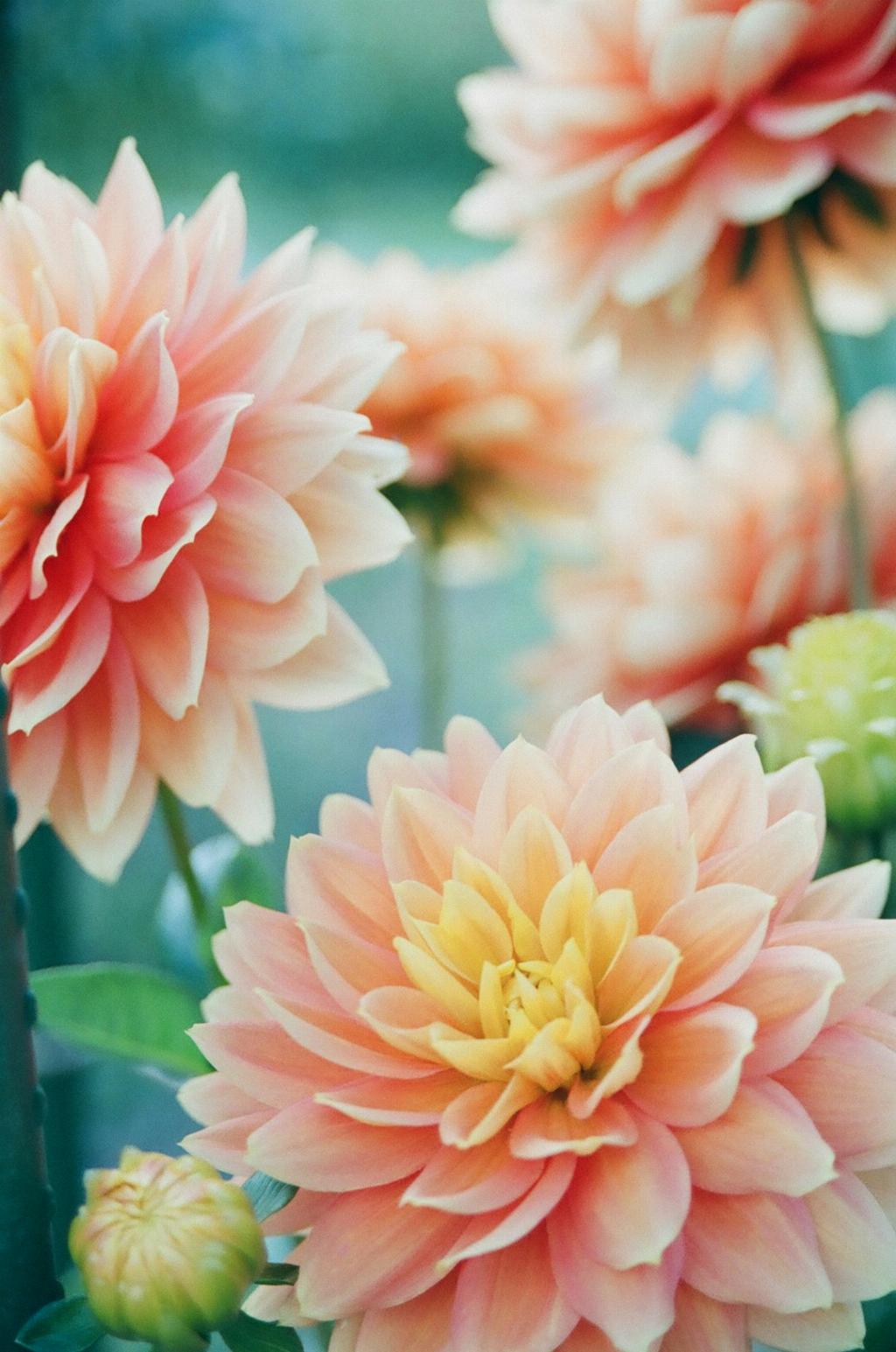Planting time for dahlia bulbs in Georgia is a crucial factor that can significantly impact the beauty and success of your garden. While many may be tempted to plant the tubers early in the season, experts suggest that the most stunning flowers actually result from late plantings that reach their peak in September and October.
For Georgia gardeners, April is usually the perfect month to plant dahlia tubers. The warmer climate in south Georgia provides an ideal environment for the bulbs to thrive and produce vibrant blooms. By planting in April, you can ensure that your dahlias have enough time to establish themselves before the peak flowering season.
It is important to consider the specific microclimate of your area within Georgia when determining the best time to plant dahlia bulbs. Factors such as frost dates, soil temperature, and sunlight exposure can all impact the success of your dahlia garden. Consulting with local gardening resources or experienced growers can provide valuable insights tailored to your region.
When preparing to plant your dahlia bulbs, it is essential to choose a well-drained location that receives ample sunlight. Dahlias thrive in sunny spots with rich, fertile soil. Proper soil preparation, including amending the soil with organic matter and ensuring good drainage, can help set the stage for healthy plant development.
Before planting your dahlia tubers, it is recommended to soak them in water for a few hours to rehydrate and stimulate growth. This step can help kickstart the planting process and encourage the tubers to establish roots more effectively once in the ground.
When it comes to planting depth, dahlia bulbs should typically be buried around 4 to 6 inches deep in the soil. Spacing between tubers is also important to allow for proper airflow and growth. Following spacing guidelines can prevent overcrowding and promote healthy plant development.
After planting your dahlia bulbs, regular watering is crucial to support root establishment and overall growth. While dahlias prefer moist soil, it is essential to avoid overwatering, as this can lead to rot and other issues. Monitoring soil moisture levels and adjusting watering frequency accordingly can help maintain optimal growing conditions.
As your dahlia plants begin to grow, consider providing support structures such as stakes or cages to prevent bending or snapping of the stems. Proper support can help protect the plants from strong winds or heavy blooms, ensuring that your dahlia display remains sturdy and visually appealing.
Throughout the growing season, it is important to monitor your dahlia plants for any signs of pests or diseases. Common issues such as aphids, slugs, and powdery mildew can impact the health and appearance of your dahlias. Implementing proactive measures such as regular inspections and appropriate treatment can help safeguard your plants.
When your dahlia plants begin to flower, regular deadheading can encourage continuous blooming and prolong the overall flowering period. Removing spent blooms can redirect energy towards new growth and ensure that your dahlias continue to produce stunning flowers throughout the season.
As the growing season progresses, consider providing additional nutrients to support the continued health and vigor of your dahlia plants. Fertilizing with a balanced formula or organic amendments can help replenish soil nutrients and promote robust growth and blooming.
In conclusion, determining the optimal time to plant dahlia bulbs in Georgia, such as in April for south Georgia, can set the stage for a successful and visually rewarding dahlia garden. By considering factors such as climate, soil preparation, planting depth, watering, support, pest management, and ongoing care, you can cultivate thriving dahlia plants that produce an abundance of beautiful blooms to enjoy throughout the season.

